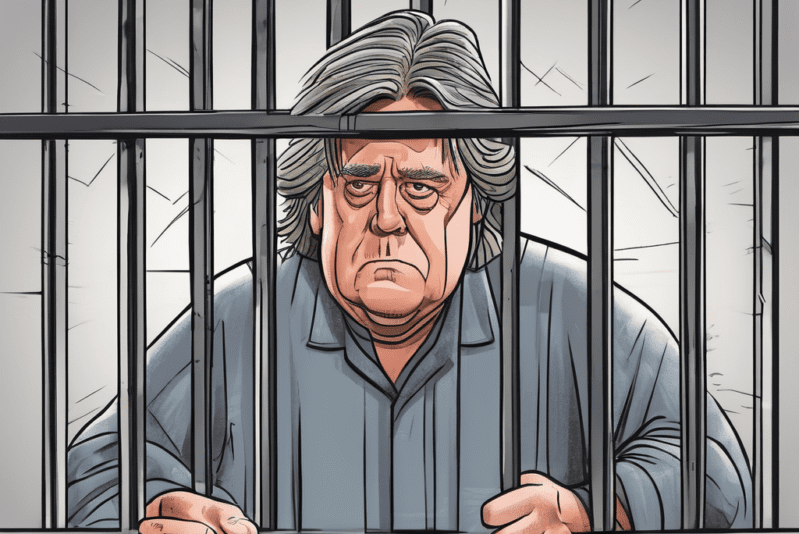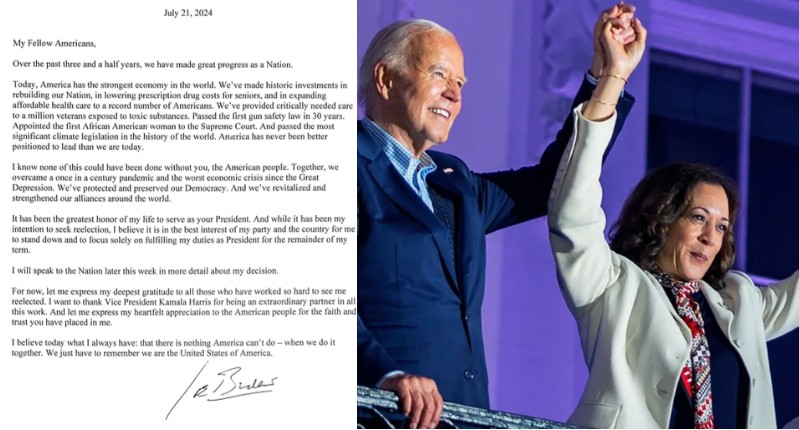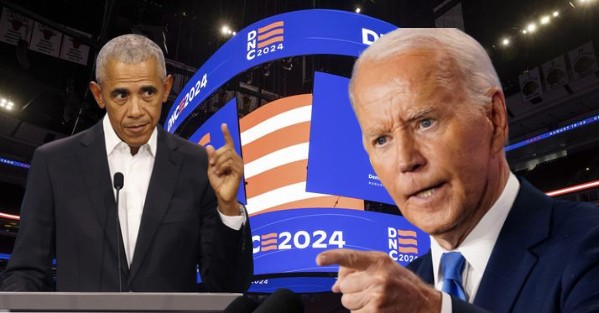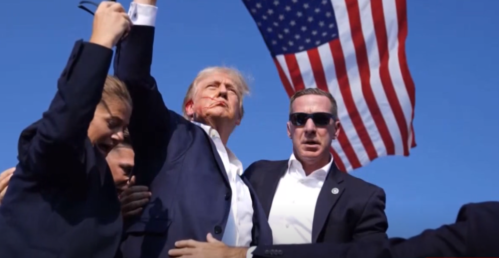The US DC Circuit Court of Appeals has upheld Steve Bannon’s Contempt of Congress conviction for his refusal to comply with a subpoena from the January 6th committee. The ruling reaffirms the authority of Congress in its investigative pursuits and underscores the accountability of individuals who defy congressional subpoenas.
The decision marks a pivotal moment for Congressional oversight, as it strengthens the institution’s ability to compel cooperation in its investigations. By affirming Steve Bannon’s conviction, the court sends a clear message that there are tangible consequences for disregarding congressional subpoenas, thereby upholding the integrity of the investigative process. Despite Bannon’s attempts to challenge the case, including baseless claims of excluded evidence, the unanimous decision underscores the strength of the prosecution’s case and the validity of the conviction.
Steve Bannon’s upheld four-month federal prison sentence serves as a stark reminder of the repercussions of obstructing congressional inquiries. This verdict sets a precedent for future cases involving contempt of Congress, reaffirming the judiciary’s commitment to upholding the rule of law and preserving the integrity of democratic institutions. As Congress moves forward, empowered by this decision, it is poised to exercise its authority further in scrutinizing individuals associated with the events of January 6th and beyond.
Congressional Empowerment and Future Investigations
The upheld conviction of Steve Bannon not only reinforces the authority of Congress but also paves the way for broader investigations into the actions of key figures within Trump’s inner circle. With the court’s decision validating the legitimacy of congressional subpoenas, lawmakers are emboldened to pursue additional avenues of inquiry, including summoning individuals such as Donald Jr. and Ivanka Trump.
The ruling sets a precedent for accountability, signaling to current and future witnesses that compliance with congressional subpoenas is not optional. As Congress exercises its oversight responsibilities, the upheld conviction serves as a deterrent against potential obstruction and underscores the importance of transparency and cooperation in the face of lawful inquiries. Moving forward, the decision empowers lawmakers to pursue truth and justice, irrespective of political affiliations or allegiances, ensuring that no individual is above the law.
In light of this landmark ruling, Congressional committees are expected to intensify their efforts to uncover the truth behind the events of January 6th and address any potential wrongdoing. By upholding Steve Bannon’s conviction, the court reaffirms the principle that no individual, regardless of their stature or influence, is immune from accountability before Congress. As the nation continues to grapple with the aftermath of January 6th, this decision represents a crucial step towards restoring faith in the democratic process and upholding the principles of justice and accountability.
Steve Bannon’s Legal Defense
During the trial,Steve Bannon’s lawyers contended that his refusal to comply with the congressional subpoena was justified, citing concerns about executive privilege. They claimed that Bannon had sought to include a Trump lawyer during his appearance before the committee, but this request was denied. Additionally, Steve Bannon’s defense team argued that the subpoena issued by the committee was invalid.
They also raised objections regarding the judge’s decision to quash subpoenas aimed at obtaining testimony and records from the committee’s own members, staffers, and counsel, which they believed could have supported Steve Bannon’s defense. Despite these arguments, the appeals court ruled that none of the challenges presented by Steve Bannon’s legal team had merit. The judges concluded that the information sought in the trial subpoenas was not relevant to the elements of the contempt offense or to any affirmative defense Steve Bannon sought to present.
Navarro’s Conviction and Executive Privilege Claims
In a parallel development, former Trump trade advisor Peter Navarro was also convicted of contempt of Congress and began serving a four-month prison sentence in March. Navarro, like Steve Bannon, asserted that he was unable to cooperate with the committee due to executive privilege invoked by Trump. However, courts rejected this argument, stating that Navarro failed to provide evidence that Trump had actually invoked executive privilege. This case underscores the broader legal battles surrounding executive privilege and the extent to which it can be invoked by former government officials to shield themselves from congressional oversight.
The denial of Steve Bannon’s appeal underscores the importance of upholding congressional authority and the rule of law. Despite assertions of executive privilege, individuals must still comply with lawful subpoenas issued by Congress. As legal proceedings continue, the outcome of these cases will have significant implications for the balance of power between the executive and legislative branches of government
Table of Contents
Discover more from OGM News NG
Subscribe to get the latest posts sent to your email.














